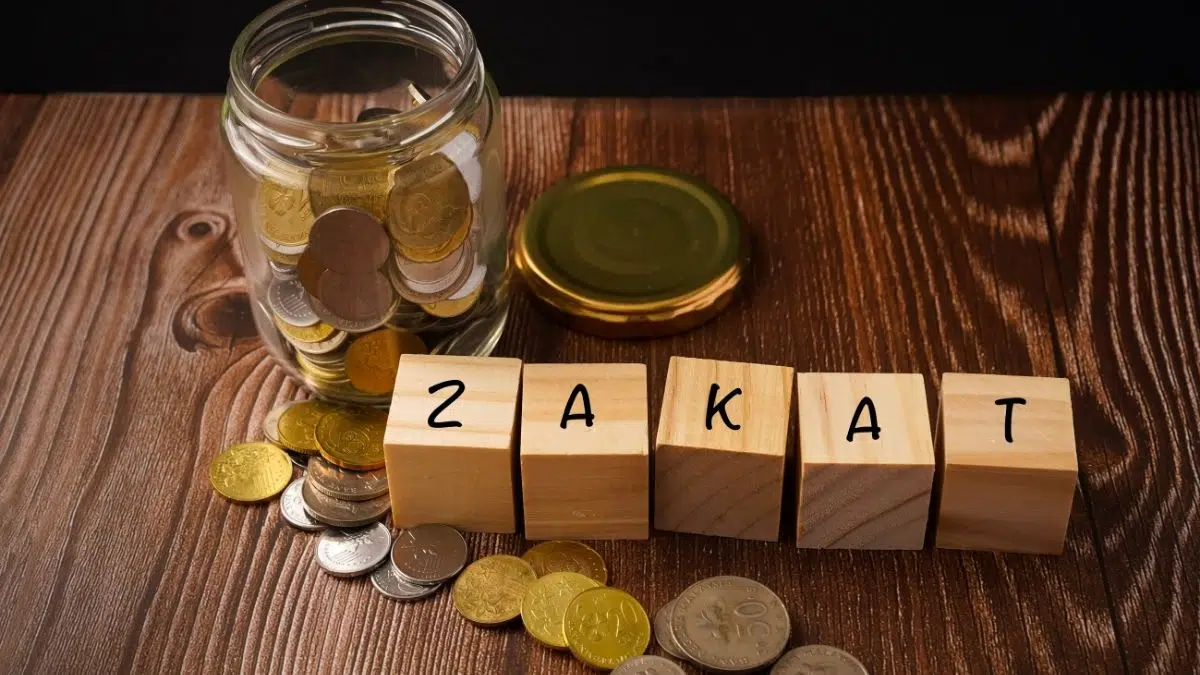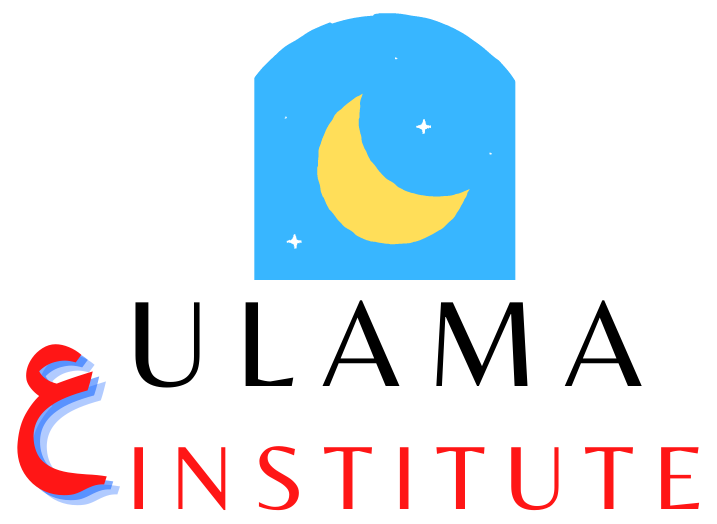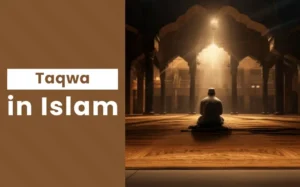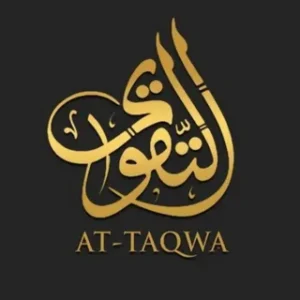
Zakah:
Proof of its Status Its Wisdom
Ulama Institute #1
Looking to learn Arabic or memorize the Quran?
Check our Trusted Teachers

- Allah ﷻ has made it obligatory on Muslims to pay Zakah. It became compulsory on the Muslim Ummah while the Prophet was in Makkah, but the details were only made clear after the Hijrah. The people of all the previous Prophets knew things relevant to Zakah, even though the amounts and calculations might have differed.
It is mentioned in numerous aayaat in various ways. Sometimes, it is mentioned as Zakah, and sometimes as alms (Sadaqah).
The command to give Zakah is mentioned 23 times in the Qur’aan alongside Salah. In Soorat al-Baqarah, Allah ﷻ says:
“And establish prayer and give Zakah and bow with those who bow [in worship].” (Soorat Al-Baqarah: 43)
In another aayah, Allah ﷻ says:
“The believing men and believing women are allies of one another. They enjoin what is right and forbid what is wrong and establish prayer and give Zakah and obey Allah and His Messenger. Those – Allah will have mercy upon them. Indeed, Allah is Exalted in Might and Wise.” (Soorat at-Tawbah, 71)
In the hadeeth of the Prophet ﷺ narrated by ‘Abdullaah ibn ‘Umar, it is clear that Islam rests upon five pillars. One of them is Zakah. In an authentic hadeeth, the Prophet ﷺ told Mu’aadh ibn Jabal, when he sent him to Yemen as governor: “…then inform them that Allah has made it obligatory for them to pay the charity [Zakah] from their properties, and it is to be taken from the wealthy among them to be given to the poor among them “(Bukhaari)
An incident from the life of Aboo Bakr also shows the obligatory nature of Zakah. This incident has been mentioned in Bukhaari as follows: “When Allah’s Messenger died and Aboo Bakr became the Khaaleefa, some Arabs renegaded [reverted to dis- belief], ‘Umar told Aboo Bakr, “How can you fight with these people although Allah’s Messenger ﷺ said, “I have been ordered to fight the people till they say: Laa ilaaha illa-llaah! [None has the right to be worshipped but Allah], and whoever said it, then he would save his life and property from me except for transgressing [Islamic] law [rights and conditions for which he will be punished justly], and his accounts will be with Allah.” Aboo Bakr said, “By Allah! I will fight those who differentiate between Salah and Zakah as Zakah is the compulsory right to be taken from the property [according to Allah’s Orders]. By Allah! If they refused to pay me even a she-kid they used to pay at the time of Allah’s Messenger ﷺ I will fight with them for withholding it.” (Bukhaari)
- Zakah has great significance in Islam. The word Zakah literally means to purify. Zakah is a purifier of the wealth of a person. By giving Zakah, a person shows that he neither worships the wealth, nor does he give it preference over the Command of Allah ﷻ . This helps to purify one’s inner self. A person should bear in mind that the wealth he has does not belong to him. It is a trust from Allah ﷻ .
- Zakah is a unique ibaadah in the sense that it benefits both the individual and the community. It focuses on the individual as well as the social aspects of i’baadah (worship).
- On the one hand, the person who gives Zakah benefits from doing so. His wealth is purified, and he becomes free from greed and love for the materialistic things of the world. He obtains mercy and closeness to Allah ﷻ , and he attains great blessings and rewards from Allah ﷻ . Kindness is shown in his actions. His wealth is increased by Allah ﷻ .
- On the other hand, it shows the concept of brotherhood in Islam. It creates love among the members of a community. It connects the hearts of the believers. It abolishes classes and divisions in society by assissting those who have less. It establishes a society in which there is greater equality. It creates appreciation in the hearts of all. For the wealthy, they appreciate what they have, and for the needy, they appreciate what they have been given. Zakah relieves the difficulties of those in problems; it helps the needy student; it assists the orphan. It helps to free slaves, assists those who are in debt, and even the traveler who finds himself in a difficult situation.
What we learn from the lesson:
- The completeness of the religion of Islam.
- The compulsory nature of Zakah.
- Giving can only benefit us.







